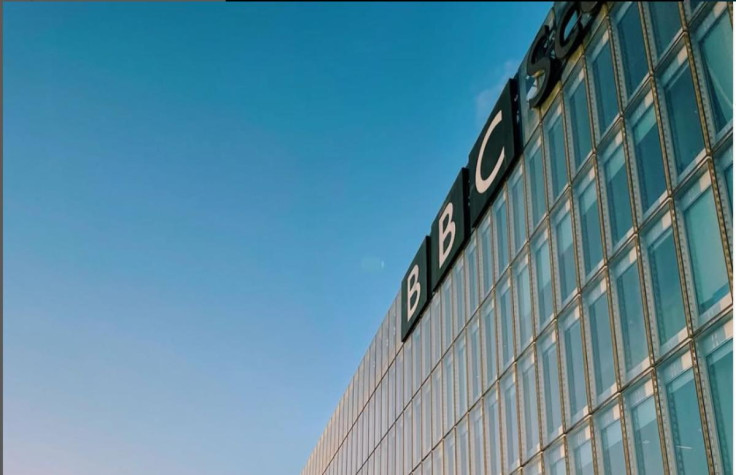BBC Gaza Blunder: Broadcaster Admits Breach of Editorial Guidelines After Failing to Reveal Narrator's Hamas Ties
Gaza: How to Survive a Warzone was taken down from iPlayer five days after the narrator's background became public

The BBC has admitted to breaching its editorial guidelines after failing to disclose that the 13-year-old narrator of its Gaza documentary, Gaza: How to Survive a Warzone, is the son of a senior Hamas official. The film was removed from iPlayer following an internal review which confirmed the oversight.
The broadcaster is now under investigation by Ofcom and facing growing political and public scrutiny. The incident has raised questions about editorial oversight, transparency, and the BBC's relationship with external production partners.
BBC's Admission of Breach
An internal review, commissioned by BBC Director-General Tim Davie, confirmed that significant editorial oversights had occurred, according to The Guardian. The review found that the narrator, Abdullah Al-Yazouri, is the son of Ayman Al-Yazouri, a deputy agriculture minister in Gaza's Hamas-run administration. This information was not disclosed to viewers at the time of broadcast.
Although the review found no evidence that the boy's father had any influence over the content, the failure to disclose the connection was found to breach the BBC's accuracy and transparency guidelines. The broadcaster removed the documentary from its platform five days after the link was revealed.
Accountability and Editorial Reforms
Mr Davie described the omission as a 'significant failing' and said the bulk of responsibility lay with independent production company Hoyo Films. He stated that three individuals at the company were aware of the narrator's background but did not inform the BBC. However, the broadcaster also acknowledged its own failure to apply adequate editorial scrutiny and to question gaps in the information provided.
In response, the BBC has announced a series of reforms. These include stronger editorial controls, a new board-level role for oversight of news documentaries, the introduction of a 'first gate' review process for high-risk content, and an audit of its working relationship with Hoyo Films. No staff have been dismissed, despite calls from Culture Secretary Lisa Nandy for accountability at the highest levels.
Ofcom Investigation and Political Response
Ofcom has launched an independent investigation into the documentary. The regulator cited its broadcasting code, which states that factual content must not materially mislead audiences, according to AP News.
The controversy has prompted political and public criticism. Ms Nandy called the failure a 'catastrophic' lapse in standards and demanded reassurances it will not happen again. Former BBC executive Danny Cohen described the incident as a 'dagger to the heart' of the corporation's impartiality.
More than 500 media professionals have signed an open letter calling for the reinstatement of the film, arguing that the removal undermines the representation of Palestinian perspectives. Concerns also emerged in February after translation errors were found in the documentary, including one instance where 'Jews' was substituted with 'Israeli' or 'Israeli forces', prompting questions about broader editorial accuracy, The Jewish Chronicle reported.
The Gaza documentary incident has further damaged the BBC's credibility and placed its editorial procedures under intense scrutiny. With Ofcom's investigation under way, the broadcaster faces increasing pressure to demonstrate that recent reforms are sufficient to rebuild trust and maintain impartial journalism on one of the most sensitive global issues today.
© Copyright IBTimes 2025. All rights reserved.





















